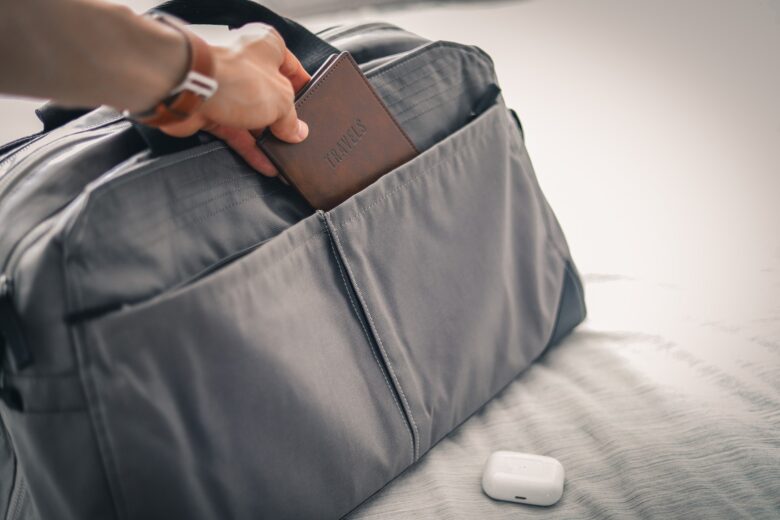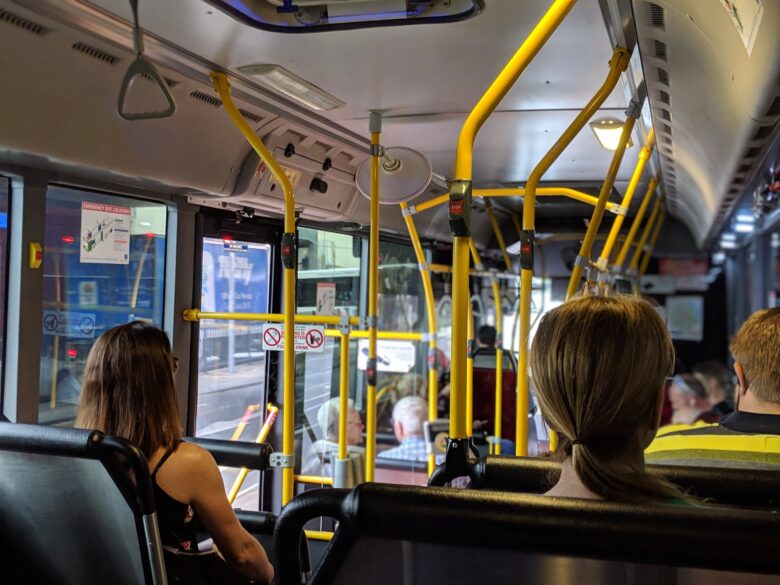There’s no doubt that holiday trends have been transformed over recent years – with the rise of the city break there for all to see.
Gone are the days where it was a foregone conclusion to use your standard annual leave on a seaside break (generally, to a European destination). Instead, budget airlines and other factors mean that city breaks are hugely popular.
However, with popularity becomes increased expenditure. In short, they can get expensive, although there are methods to cut down on costs without hindering your experience. It’s not going to involve ditching your holiday cover or any other safety-second tip, but there are instead some simple suggestions that can bring your costs down substantially.
Contents
Be as shrewd as you can be with your packing

Source: unsplash.com
Unfortunately, this is getting more difficult. Airlines have recently realised the huge lengths people will go to in a bid to save on baggage costs and have subsequently made their fees even more restrictive. While you may have once been able to stuff a small suitcase full of essentials for the weekend, it’s now much more difficult to do.
However, some airlines have more relaxed baggage restrictions, while there are also tried and tested packing methods that can allow you to effectively get more “bang for your buck”.
It’s all about being innovative. If not, you’ll soon find that your baggage fees are more than the airline ticket itself.
Resist the urge of tourist traps
When in a new city, it can be all too easy to get caught up in the tourist traps. You know the ones – the cafes and restaurants that are rammed full of other tourists, the museums that are so expensive you can barely afford to look at the exhibits and the souvenir shops that charge the earth for a trinket.
Of course, there are some tourist traps that are definitely worth your time and money. However, there are plenty that aren’t. It pays to do your research beforehand to find out which ones to avoid.
Be conscious of your transport decisions

Source: unsplash.com
There’s most certainly a “big picture” element to this next point. After all, while taxis may seemingly always be out of the equation in the interests of saving money, let’s not forget that they are often the quickest form of transport and can then offer you more value from your city break.
In general, particularly for shorter-routes, public transport will be your best friend though. However, before you jump on the nearest underground service, make sure that your end destination isn’t walkable. There have been plenty of studies which have shown that it’s quicker to walk between some transport stations, rather than jump at the first sign of transport.
Seek out free attractions
For starters, many museums offer free entry on certain days of the week. Likewise, there are often “pay what you want” schemes in place in a number of different tourist attractions.
Of course, there are plenty of other ways to get your culture fix without spending a fortune too. For example, take a stroll around some of the more historic quarters, or take in the views from a vantage point.
In short, you don’t have to be breaking the bank but like with most of the tips we have identified, it’s all about doing your homework before departing.
Travel at the right time of the year

Source: unsplash.com
It may sound obvious, but traveling at different times of the year can have an immense effect on the cost of your city break. We’re not suggesting traveling in the middle of winter, although it may well offer its benefits anyway – simply that it pays to aim to travel when demand is low.
Ultimately, avoid the more obvious openings such as bank holidays and, as a general rule of thumb, aim to avoid dates when the main attractions have special events on.
Do your eating at local restaurants
Of course, you’re going to want to enjoy all the amazing food that your chosen city has to offer. However, there are two factors to consider before doing so.
First, it pays to stay away from tourist traps. As we mentioned earlier, there are some that are definitely worth your time and money, but often, these restaurants will be far more expensive than you would like.
Second, seek out local restaurants. Not only will you find better value for money, but your meal will often be tastier too (there’s a reason that everyone wants to shop and eat “local” nowadays). That’s not forgetting that you won’t be just a face in the crowd – you could end up making some amazing friends and some amazing memories too.
Could self-catering be an option?

Source: sleepylagoonmotel.com
Following on from the above suggestion, it’s amazing how much a hotel room can eat into your budget. Not only could you be paying for space you aren’t even going to use, but quite often, the room rate could be enough to swallow up a significant part of your daily spending allowance.
Instead, it could be worth looking into self-catering accommodation. Apart from the obvious benefit of saving you cash, this could help you to truly feel like a local too. It’s great to hang out with locals, to pick up the city vibe, to really get off the beaten path and find a small apartment to serve you during your stay.
Stay as central as can be
While we’re on the topic of accommodation, let’s conclude by focusing on the location. As with any city break, avoiding the suburbs can often save you a fortune.
Of course, if you want to experience the city, then you need to be in and around the centre of town. Whether it’s a hostel in the middle or a boutique hotel on the outskirts, it’s worth making sure you’re as central as possible. This will also help you to minimise transport costs substantially; there’s nothing worse than having to pay to get from A to B every day.
